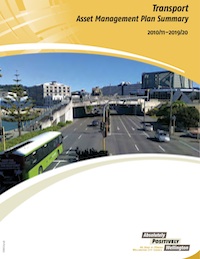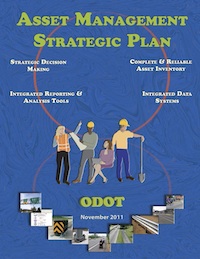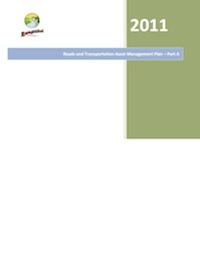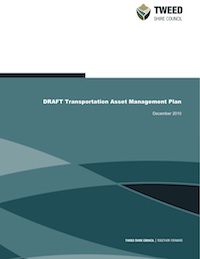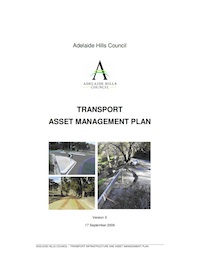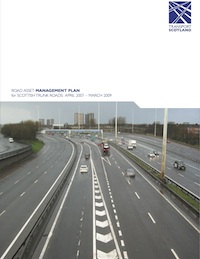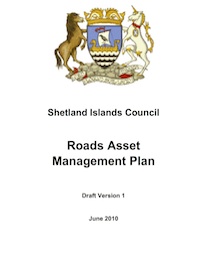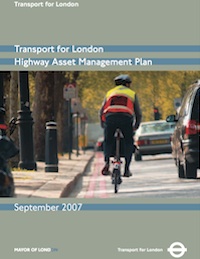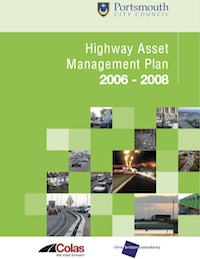The New Zealand Transport Agency – State Highway Asset Management Plan is available here.
This document meets the following additional criteria: • Asset valuation included • Includes an assessment of data quality or reliability • Includes analysis of future demand impacts on asset needs • Includes estimates of future maintenance costs • Includes formal risk assessment results such as a risk register • Includes future projected asset condition • Includes substantive list of process, data, and/or systems improvement actions • Investment strategies summarize planned capital and operating expenditures • Presents a corridor view of asset management.
The modal scope of this document is: Highway Only.
The asset scope of this document is: Highway Assets, Includes other highway assets.
External link: http://www.nzta.govt.nz/resources/state-highway-asset-management-plan/docs/state-highway-asset-mgmt-plan-2012-2015.pdf
The Asset Management Plan includes a framework for the document that depicts each section and the relationship to other sections and to the plan as a whole. Sections include descriptions of the agency assets, programs, demand, performance, risk, prioritization processes, improvements, implementation, and the link between existing plans. The AMP also includes a statement of intent, covering a list of desired impacts, with key progress indicators and targets for the agency.
